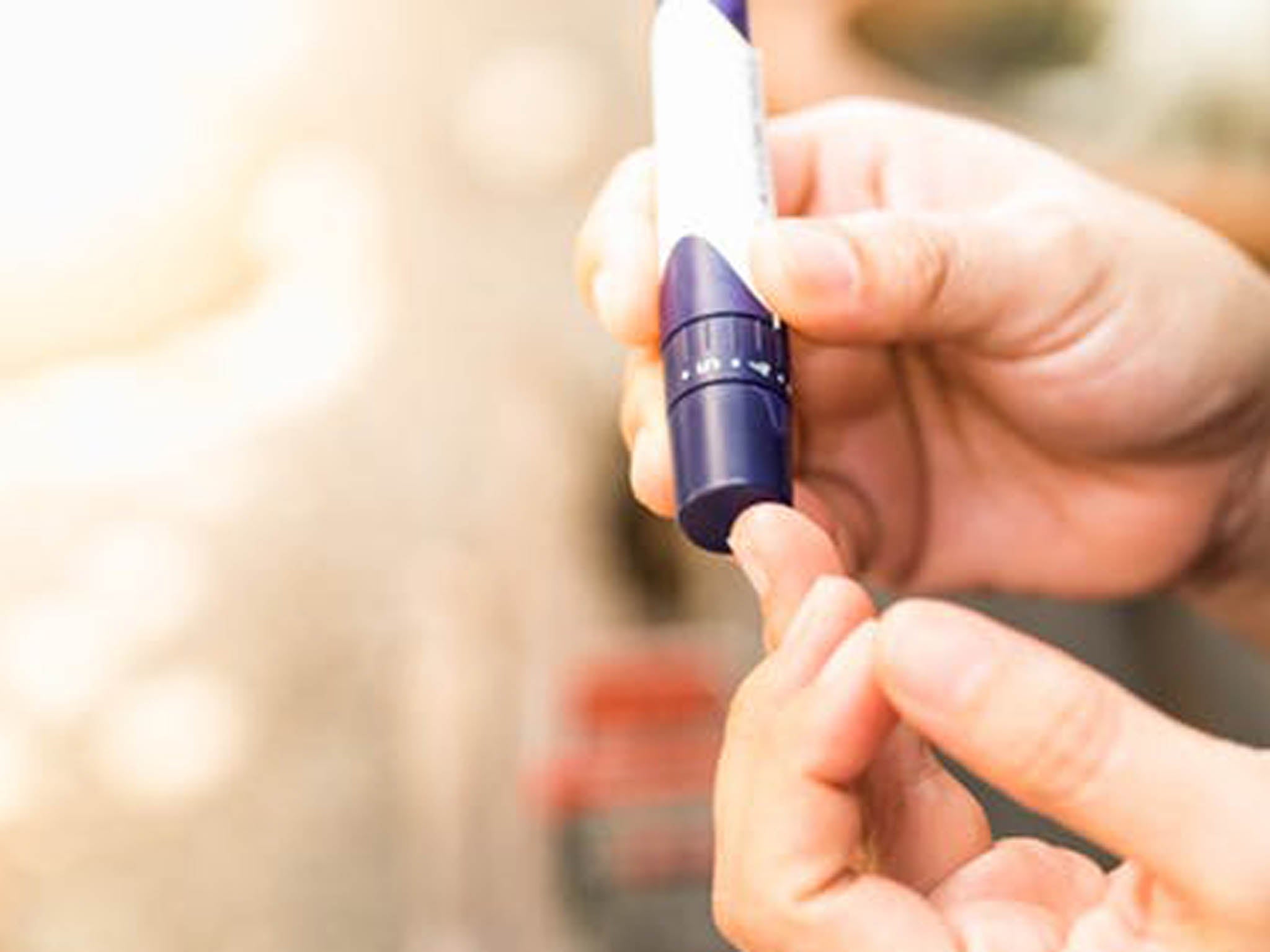NHS hospitals 'unsafe' for diabetics as quarter of a million experienced potentially life threatening errors last year, charity warns
Emergency care needed for 9,600 patients who went into diabetic comas after receiving too much insulin

Diabetic patients in NHS hospitals are being put at risk of serious harm or death as a lack of specialist staff contributed to 260,000 medication errors last year, charities have warned.
Statistics released by Diabtes UK show emergency treatment was needed for 9,600 diabetic patients who fell into comas after their blood sugar fell to dangerously low levels, also known as a severe hypoglycaemic attack. There were 58,000 cases of severe hypoglycaemia reported in 2017 and the condition is usually caused by receiving too much insulin or insufficient carbohydrates from meals and snacks.
Meanwhile, 2,200 patients receiving too little insulin developed diabetic ketoacidosis, a life-threatening emergency where the body starts poisoning itself with the byproducts of the other bodily tissues it is using for energy.
More than a million diabetic patients were admitted to NHS hospitals last year and they occupy one in every six NHS inpatient beds. This figure is due to rise to one in four beds by 2030 as the UK’s unchecked obesity crisis causes even more people to develop type 2 diabetes.
But, despite rising demand, a quarter of hospitals still do not have specialist diabetes nurses and the report says that investing £5m in these 54 trusts would save £14m a year.
Diabetes UK also wants every hospital to have a specialist inpatient diabetes team available seven days a week, to ensure that no more patients’ are put at risk.
“Nine thousand six hundred people experiencing a severe, potentially life-threatening episode of hypoglycaemia because of inadequate care whilst in hospital, a place where people should feel supported and safe, is shocking and unacceptable,” said Emily Watts, the charity’s inpatient programme manager.
Ms Watts said she hoped the report would serve as a wake-up call to the NHS.
“It’s essential that hospitals are safe places for each and every one of these people," she said. “But the sad truth is that currently, not all of them are.”
Inpatient diabetes care already costs £2.5bn a year – 11 per cent of the inpatient budget – but further strain is being put on scarce NHS funds because of a lack of specialist staff leading to mistakes and harm to patients, the charity said.
The report warns that 235,000 people last year should have been seen by a diabetes specialist team but weren’t, largely due to staff shortages but also because some trusts still aren’t following systems to identify and assess diabetic patients.
Diabetes UK chief executive Chris Askew said: “The NHS is under immense strain, and diabetes is just one of the complex issues competing to be a priority.
“However, the number of diabetes inpatients receiving inadequate levels of care is a clear reflection that more must be done to make hospitals safe for those living with diabetes.”
One in 11 NHS jobs is currently unfilled, figures from September show, and more than 40,000 of these are for nurses, which health economists have dubbed a looming national emergency.
A lack of doctors training as specialists is also leaving a “void” in the future consultant workforce, the report warns.
A spokesperson for NHS England said: “NHS England has recently invested £10 million to increase the number of specialist diabetes nurses working in hospitals and evidence shows they help reduce lengths of stay and medication errors for patients with diabetes.
“As we draw up the long term plan for the NHS, we need to build on existing work, including the Diabetes Treatment and Care programme, to help tackle this growing problem.”
Join our commenting forum
Join thought-provoking conversations, follow other Independent readers and see their replies
Comments
Bookmark popover
Removed from bookmarks